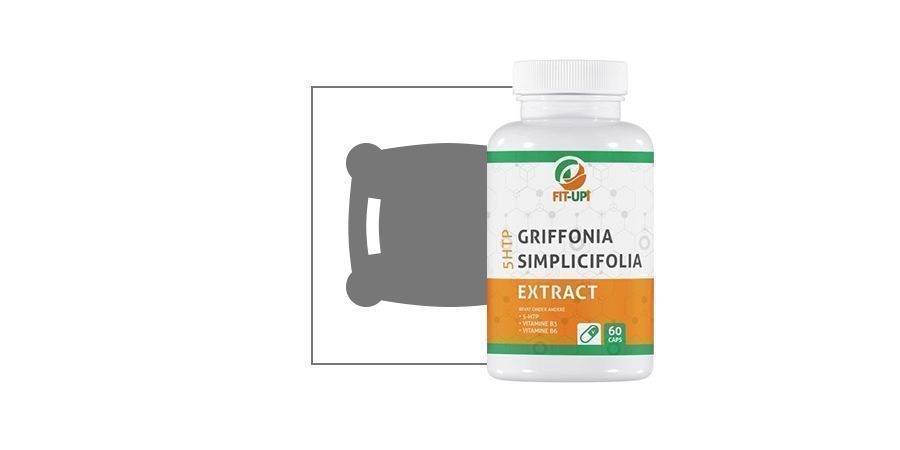
The MDMA Jaw Clench: What It Is And How To Stop It
Reducing MDMA jaw clench involves a combination of preemptive planning and dietary supplements.
Welcome class, to rave medical 101; today's subjects are trismus, bruxism, xerostomia and caries. Now before you start thinking „What do Britain leaving EU and astrology have to do with rave?“ – those are just fancy words for saying „dry mouth“ and „jaw clenching“. Now in case you're 12, or a North Korean who's just gotten his internet access, you might be wondering „Wait, what the heck does dry mouth and jaw clenching have to do with rave? And what the heck is ‘Rave’, while we're at it?“. Keep reading and learn a thing or two about partying, and partying responsibly.
MOLLY LIKES TO DANCE
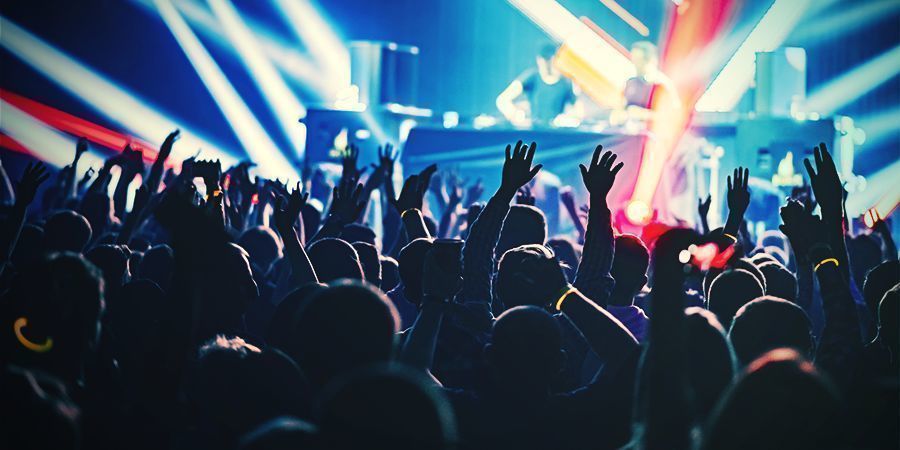
Rave culture has been a social phenomenon for good 30-something years now. Back in the 1980's, a genre of music called house music was born in the United States. As the music gained momentum and started spreading across the big pond, the Rave subculture (or counterculture rather) was steadily born. The electronic dance music spread through Europe during the 90's, and like a loyal dog who chose its own owner, MDMA has been following the scene very closely.
3,4-methylenedioxymethamphetamine, or more commonly known as ecstasy, has been around for a very long time. It's been discovered as early as 1914, and done so by a pharmaceutical company from Germany called Merck. It was patented, but between its discovery and 1960’s, there is little mention of the drug. Somewhere during the golden hippie era, it was rediscovered by Alexander Shulgin. While it has been used briefly in psychotherapy, its popularity didn’t rose before it hit the streets during the 70’s and 80’s.
Apparently, the effects of MDMA fit really well into what party-goers were expecting from parties. Most notably, the almost compulsive need to dance while on the drug, the sense of openness and connectedness with the user’s surroundings were the effects that won over the young user base. Whatever the case may be, it’s very likely that MDMA shaped and pushed the rave scene to where it is today. And while “suffering” from an insatiable desire to dance and hug people might sound like fun, another effect stemming from the drug that isn’t as popular or sought after is going to get addressed here – and that effect is clenching of the teeth.
JAWBREAKER
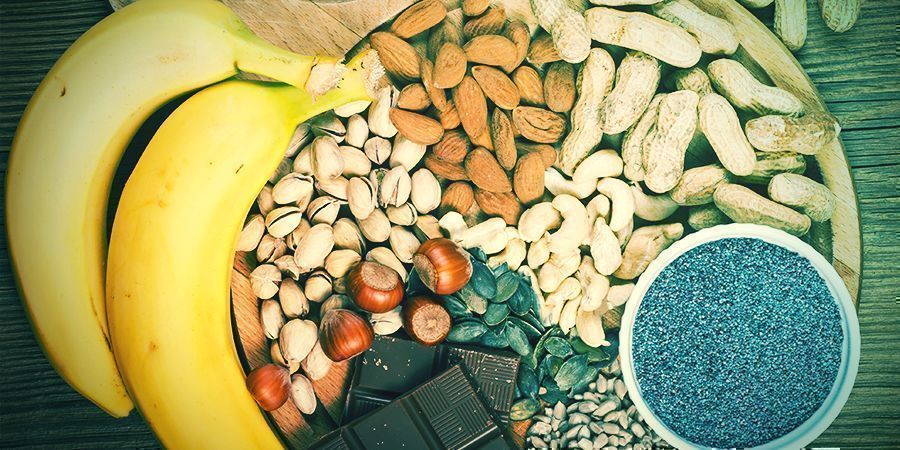
Once ingested, MDMA will cause its user’s endocrine system to start releasing chemicals into the body. Among those chemicals are serotonin, which brings you all the happiness and joy, and to a lesser extent dopamine, norepinephrine and noradrenaline. The latter is most likely to cause jaw muscles compulsory clenching and straining, while it is debatable whether it is the sole cause of the phenomenon. Ask any well-experienced raver about her day after the party, and she’s bound to tell you about her aching jaw, lacerated insides of her cheeks and sore tongue, right after she’s done telling you about the feeling of complete emptiness and lack of meaning in life.
So is there a way to avoid this unwanted sensation? Luckily there is. But it’s not a simple band-aid solution. While most party-going molly-loving souls have experienced this problem, many have not. This could mean a few things. Namely, different dosage intakes and different levels of magnesium in the body.
Magnesium deficiency is not something that’s easily detectable, but it’s something very easily attainable, considering the diet of many Western World citizens. Some food sources which are high in magnesium are almonds, pumpkin seeds, cashews, spinach, black beans, sesame seeds, avocados, dark chocolates and bananas. Just skimming through the list, you can tell it’s not something your average person eats on a daily basis. On the other side, we have foods which can lower magnesium in your body. Some foods from that list are foods with high amounts of refined sugar, like soft drinks and candy, caffeinated drinks, alcoholic beverages. All of the above foods tend to force your body to excrete extra magnesium that may not be in surplus at all.
Magnesium is an essential mineral your body needs. It affects mood, the digestive system and propagates health of the nervous system, the latter of which is key to avoiding lockjaw. Magnesium is not only necessary to avoid such a niche problem you might have, as you can see, it’s a mineral you want to keep in check, as lacking it can cause poor memory, fatigue, general muscle cramps, and can even cause anxiety and depression.
YOU CAN TELL BY THE WAY I USE MY JAW, I’M A ROLLING MAN, NO TIME TO TALK
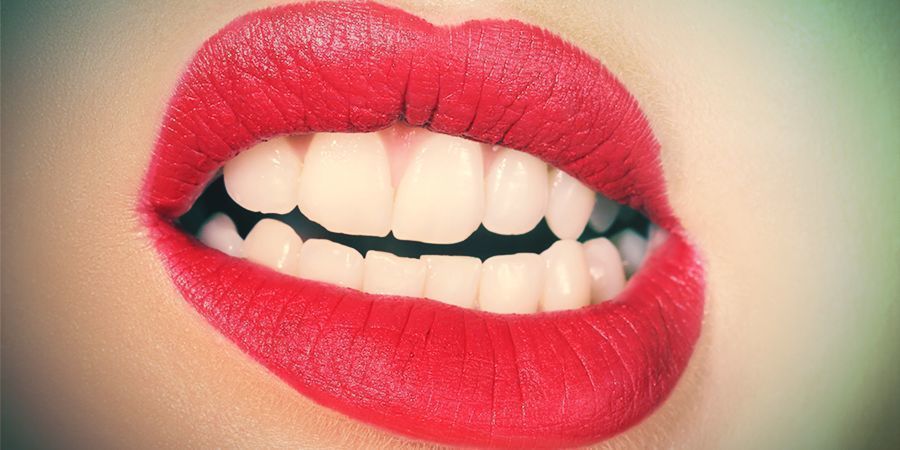
Bruxism is a fancy medical term for what your elders call lockjaw or teeth grinding. The jaw muscles start to spasm and the sufferer gets an unconscious need to press his mouth, tightening the jaw and gnashing the teeth. Like we mentioned previously – a person with a deficit in magnesium is more likely to be affected by bruxism while on MDMA. This conveys a logical solution: Take magnesium supplements. But it’s not as simple.
Magnesium supplements are really a step in the right direction, but the way they’re being taken, as well as which type of supplements is being taken, is also something to pay attention to. Taking a supplement dosage on the day you’re planning to go out to party with Molly is very unlikely to give you any result. The supplements should be taken systematically, meaning a routine should be implemented. This is something you should talk to the doctor about if you’re thinking about it. Taking supplementary magnesium is not something that’s considered dangerous, but consulting your physician about best practices is always a good idea. A general rule of thumb is taking some before you go to bed, every night.
Magnesium dietary supplements also come in various forms and packages, and many have different effects, while some have little to no effect at all or unwanted effects like causing loose stools. Heh … loose stools. The one MDMA users want to look for is the one with the best absorption properties.
Fitting that category are magnesium glycinate and magnesium lysinate. These supplements are actually magnesium atoms chelated to a molecule of an essential amino acid, glycine and lysine respectively. Chelated magnesium means that the atoms of magnesium have formed a chemical bond with a typically organic compound containing a ligand. What a ligand is, at this point is unimportant. What is important, is to get one of the above-mentioned types of supplements, as those will not only provide with bio-available magnesium but also additional amino acids that have calming and anti-viral properties.
Some magnesium supplements to watch out for as substitutes are magnesium chloride, sulfate, malate and taurate. They can also provide you with nourishment for the heart and your digestive systems. They have variable bio-availability properties and are very good, or in some cases perfect substitutes. Avoid magnesium yeast chelate, magnesium aspartate, magnesium pidolate, magnesium hydroxide, magnesium oxide, magnesium glycerophosphate and magnesium lactate as they are very poorly absorbed into your body.
Magnesium is certainly the healthiest way to approach this problem, but there are other practical ways to solving it as well. For instance, chewing gum or getting a chewing toy, or even a pacifier will effectively relieve stress on the inside of your mouth. Taking additional vitamins is always a good idea, as well as keeping hydrated. Keep tabs on how much water you drink, however, as ecstasy is known to cause secretion of an antidiuretic hormone known as ADH and raise body temperature. Combine this with hot clubs and excessive water intake is very likely to happen. This bears the danger of causing kidney failure.
There’s also a technique with pressing the tongue against the inside of the front, upper teeth, that should get you opening your mouth more easily if that’s the problem. Your tongue may suffer collateral damage in this case.
And if all else fails … well, then just try taking less you greedy animal.
DON'T IGNORE IT
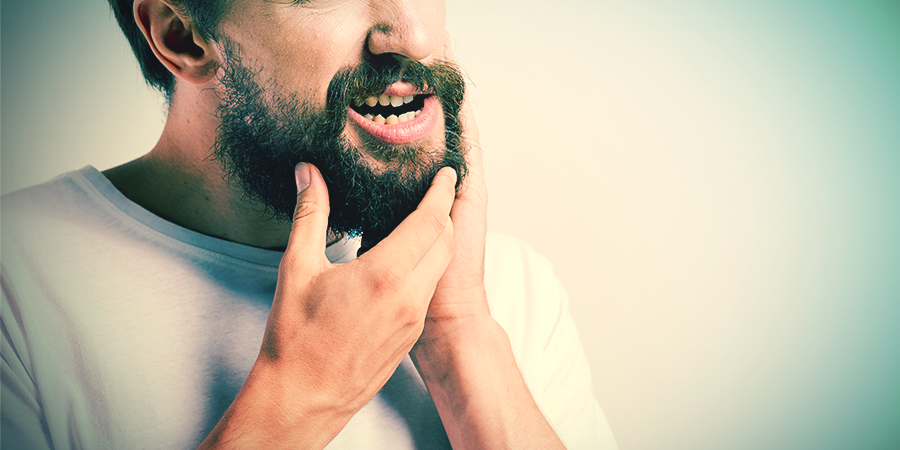
It’s agreeable that temporary lockjaw seems like a trivial problem when compared next to liver or kidney failure – all possible side effects of MDMA use. And while at first, it’ll be a funny party detail to laugh over with your buddies, using MDMA regularly and not addressing this problem may lead to serious dental issues. What’s worse is that treating the issue may further be complicated by MDMA not working well with epinephrine-based anesthetics and some medicines used to treat jaw muscle straining. Caries will develop and teeth will crack.
So, party safe and be sure to take those Mg supplements.
-
 3 min
20 August 2024
Molly, MDMA And Ecstasy: Whats The Difference?
Are you confused about the differences between Molly, Ecstasy, and MDMA? You're not alone. These terms are often used interchangeably in both the media and party culture. However, they aren't...
3 min
20 August 2024
Molly, MDMA And Ecstasy: Whats The Difference?
Are you confused about the differences between Molly, Ecstasy, and MDMA? You're not alone. These terms are often used interchangeably in both the media and party culture. However, they aren't...
-
 4 min
16 February 2023
How To Recover From An MDMA Hangover
MDMA is famed for the glowing feelings it produces on a night out, but it can make you pay for them with a nasty hangover. Luckily, if you know how what to do, it’s possible to get right back on...
4 min
16 February 2023
How To Recover From An MDMA Hangover
MDMA is famed for the glowing feelings it produces on a night out, but it can make you pay for them with a nasty hangover. Luckily, if you know how what to do, it’s possible to get right back on...













 United States
United States

